Many people are uncomfortable on camera because they worry about what other people will think of them. But most of the time it’s not other people that judge you most harshly–it’s the voice inside your head. The chances are that you’re your own worst critic.
Imagine watching yourself on video. What kinds of things might you say to yourself? What have you said in the past?
“Oh, god, look at my hair! What’s with my smile? I’m sticking my chin out. Oh, my voice is so nasal. I look so awkward.”
And so on.
Now imagine saying these things to a cherished friend or daughter.
“Look at your hair! What’s with your smile? You’re sticking your chin out. Your voice is so nasal.”
Would you ever?
No.
Yet here you are, saying these kinds of cruel things to yourself.
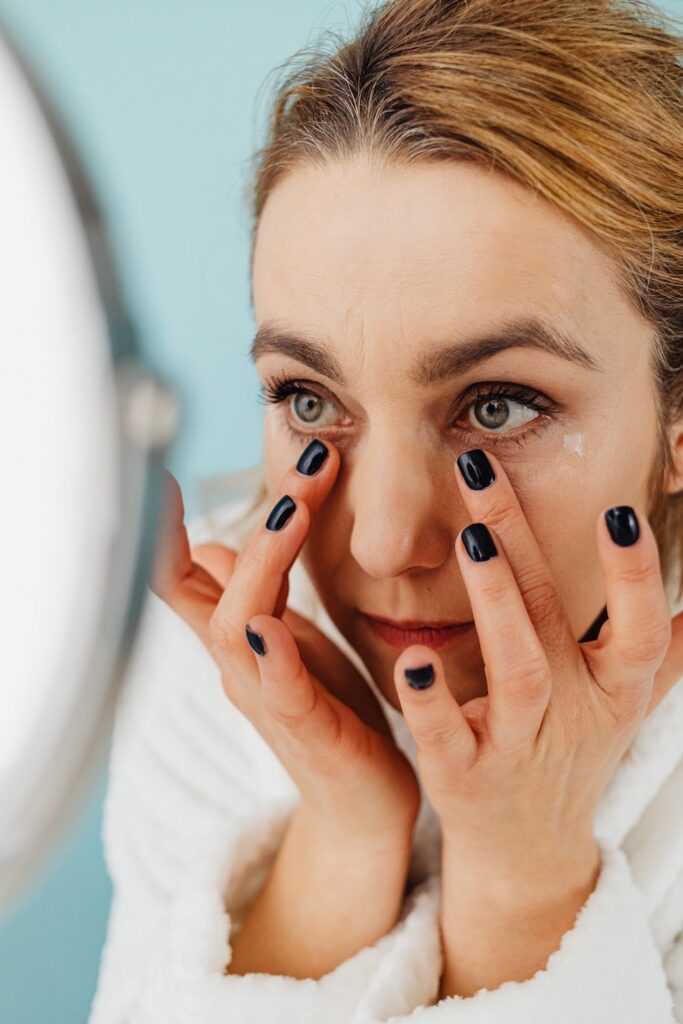
Your inner bully
If this sounds like you, the truth is that you’re carrying around an inner bully.
And no one feels safe around a bully. How could they? They might be attacked at any moment. It’s not a safe place to relax, be yourself, and feel confident. It’s a place to hide.
Which means that your own self-criticism is a big part of what’s holding you back. By judging yourself like this, you’re creating an unsafe environment where you feel scared to show yourself. If even you can see all these apparent flaws, what on earth must everyone else be seeing and thinking about you?
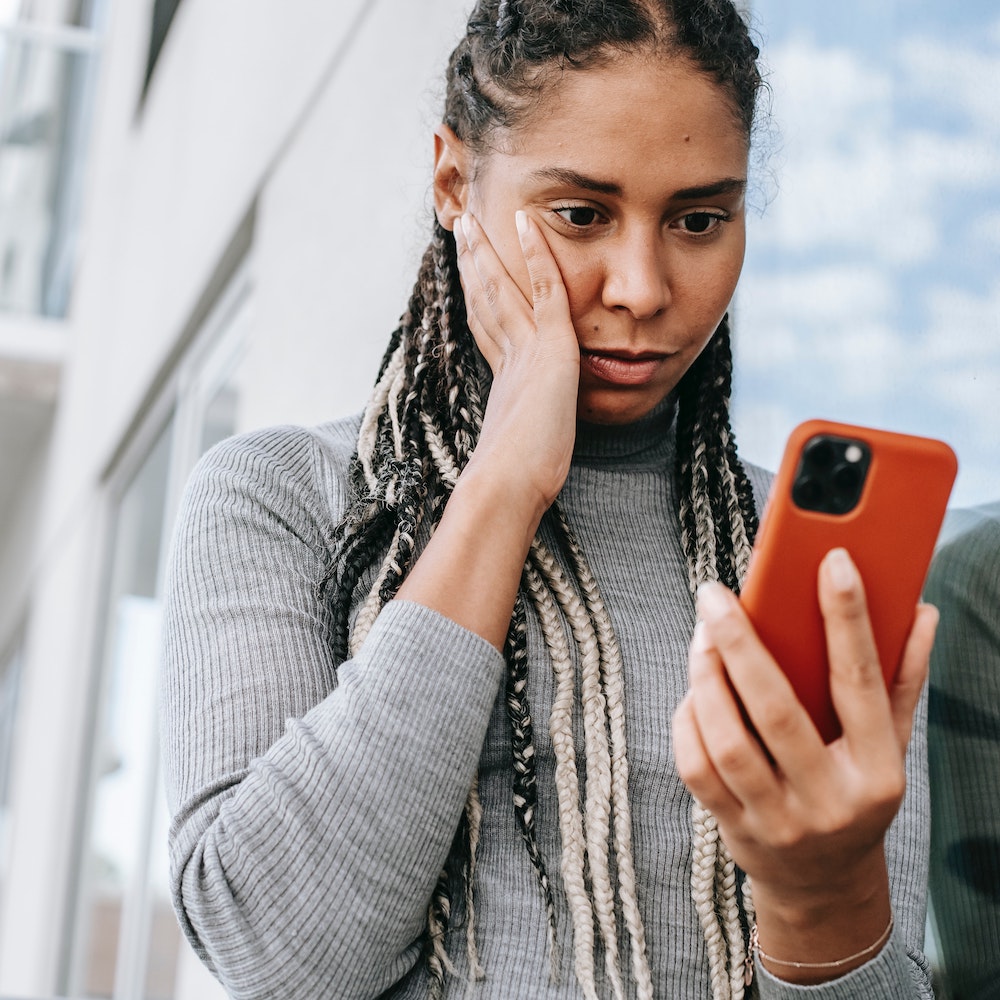
Putting yourself out there quickly becomes very scary and unpleasant and who thrives in that kind of situation? If you’re scared, you’re obviously not going to perform at your best.
Science confirms this. Researchers at the University of Massachusetts Dartmouth and McGill University have found that self-criticism makes it less likely you’ll achieve your goals. Your inner critic is sabotaging your success.
This is why, to get comfortable on camera—really comfortable on camera, where you feel you can feel fully expressive and naturally yourself—, you have to learn how to turn that inner critic around.
How to stop being your own worst critic
Some people believe the best way to deal with their inner bully is to ignore it or try to tune it out. In her wonderful book, Big Magic, Elizabeth Gilbert talks about putting it in the back seat.
But I don’t believe in silencing your inner critic.
I believe this voice is an important part of you that has been wounded and that is in need of loving care. If someone is hurt and desperate for love, ignoring them isn’t going to fix the problem; it’s only going to make it worse.
Instead, I believe you need to listen to this hurt part of yourself. It’s there for a reason and until you understand that reason and resolve whatever’s at the core of it, it won’t go away.
You need to tend to that inner voice. With respect and loving care, it will learn to be loving, wise and helpful in return. The toxic self criticism will fade away and you’ll be able to replace it with encouragement and self-love.
Freedom from your inner critic
Finally, you’ll be free to discover the pleasure of seeing yourself captured in digital color! You’ll be able to start having fun expressing yourself without fear of what that inner bully will say. Your confidence will soar, your work will improve, and you’ll be able to have a much bigger impact on the world.
Here’s the thing. If you want to build your visibility, expand into your leadership, spread your message, and become the go-to person in your niche, at some point you’re going to have to show yourself on camera—be it an interview, on social media, or on a webinar.
And if you’re going to do it, you may as well love doing it. Why wouldn’t you want to make it one of the best things you get to do? Because it can be! And the first step is to stop being your own worst critic.
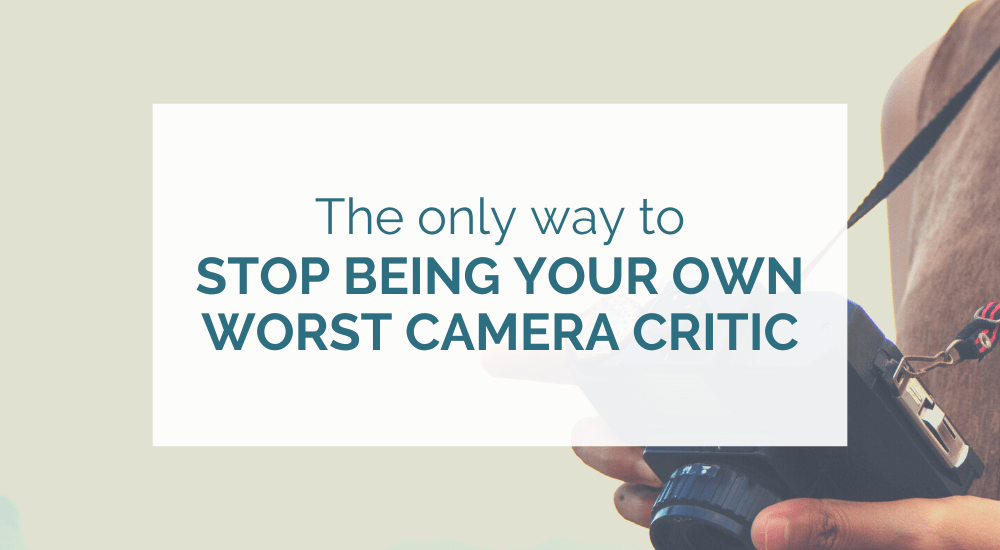
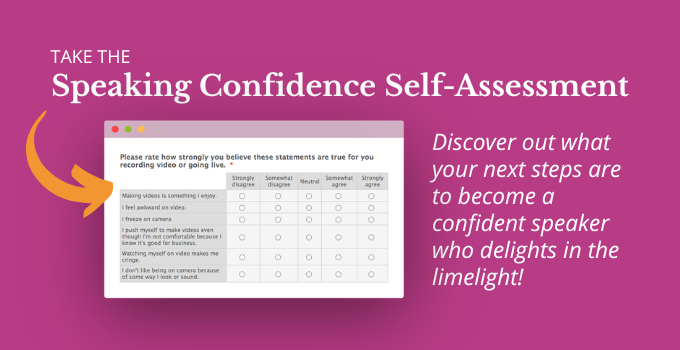

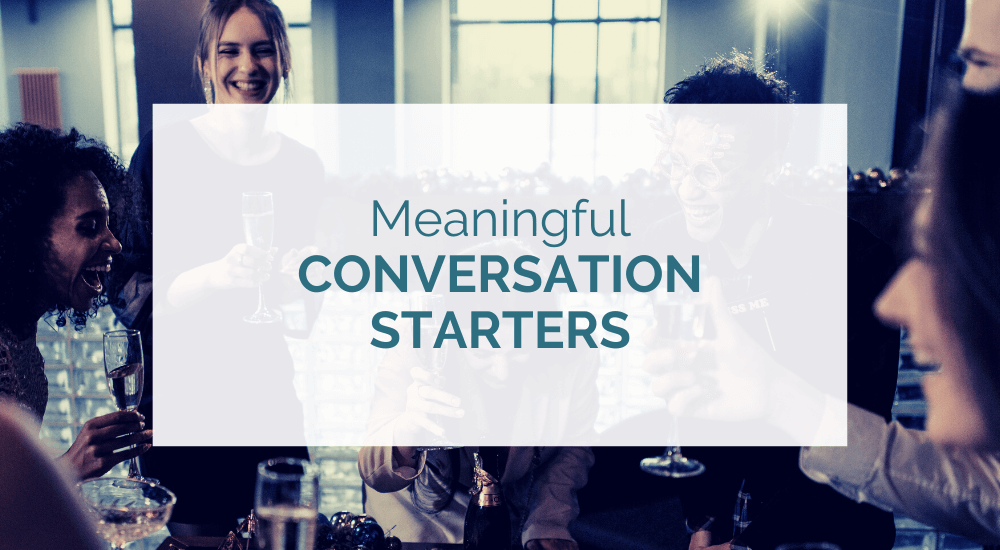
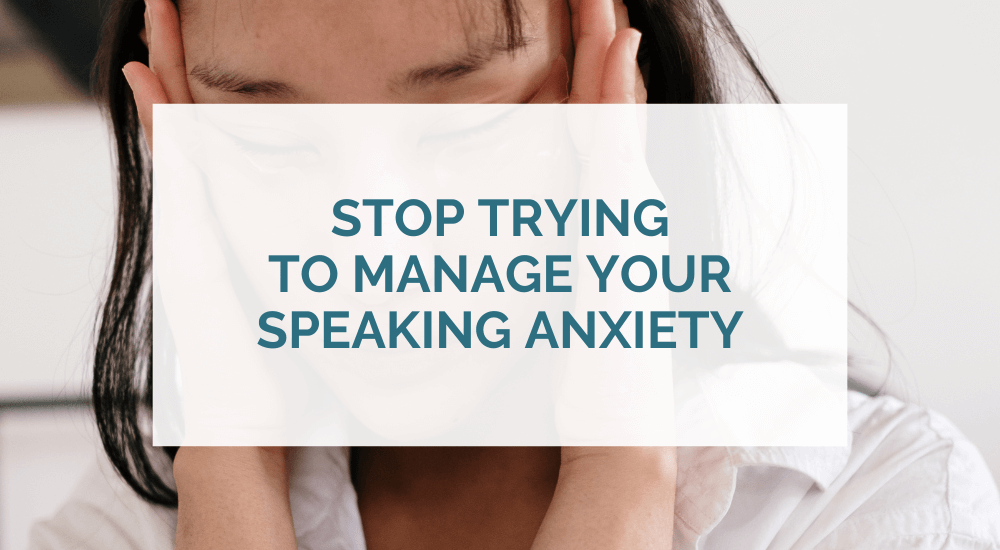
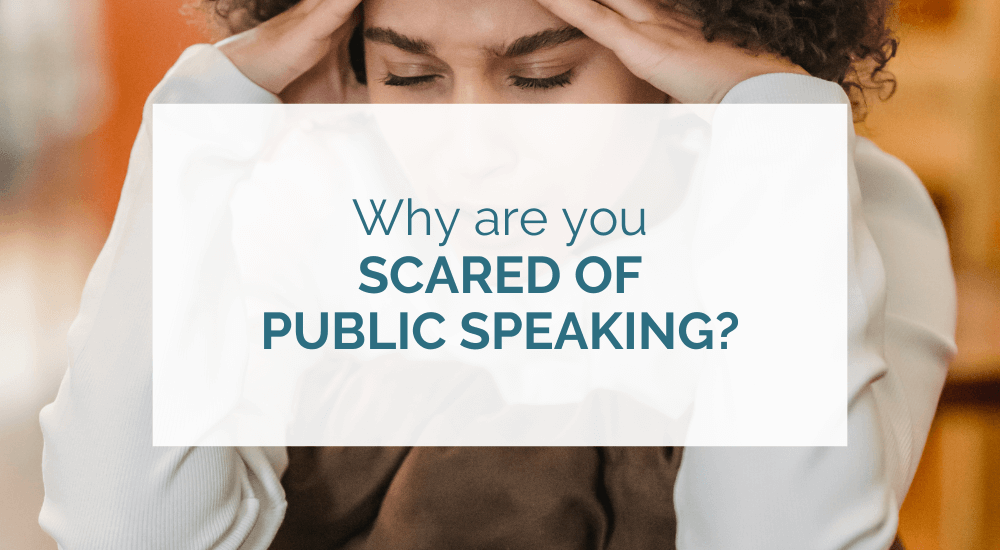
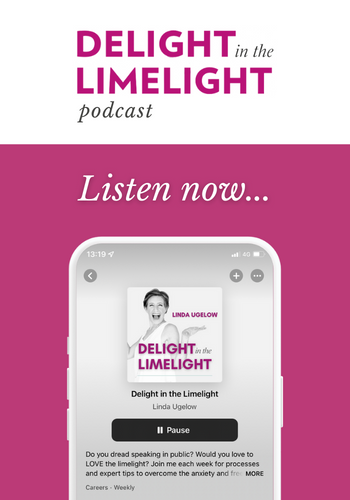
0 Comments